Zvi's BOOKS
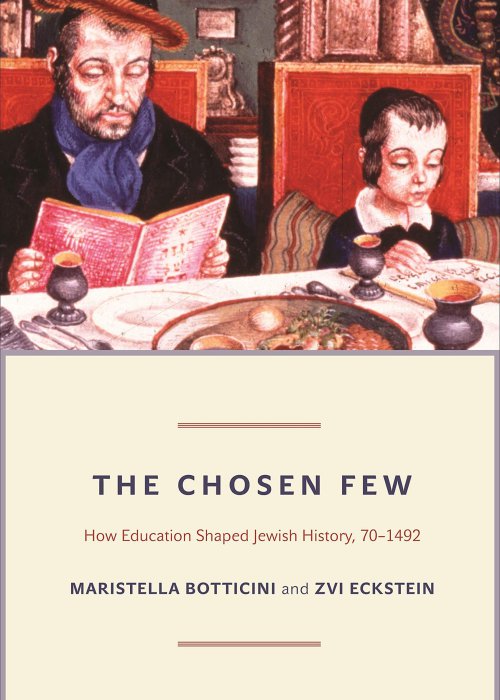
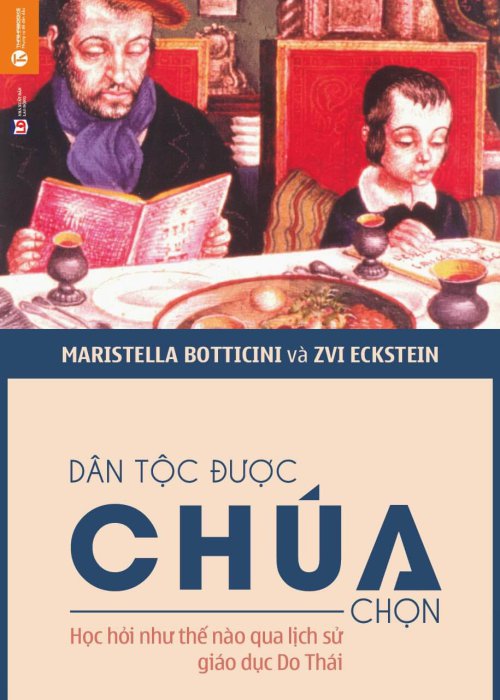
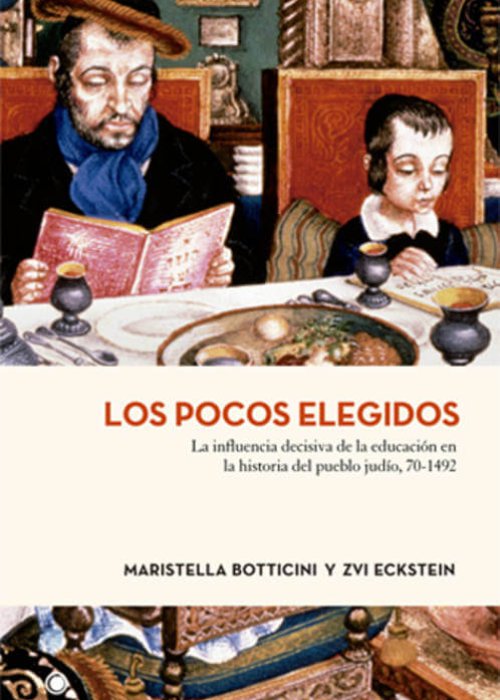
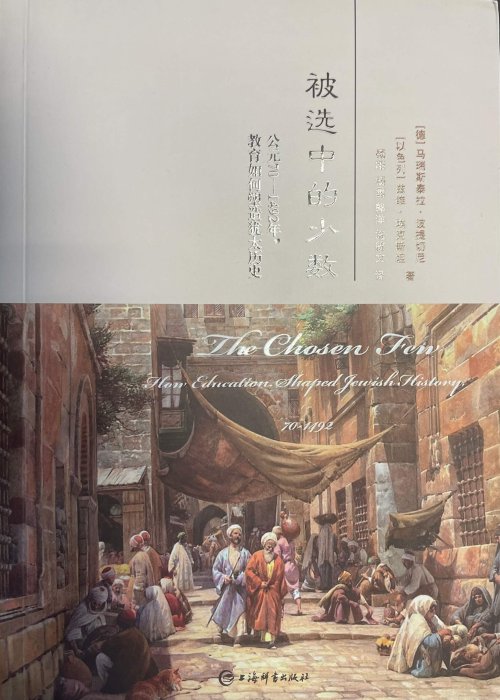
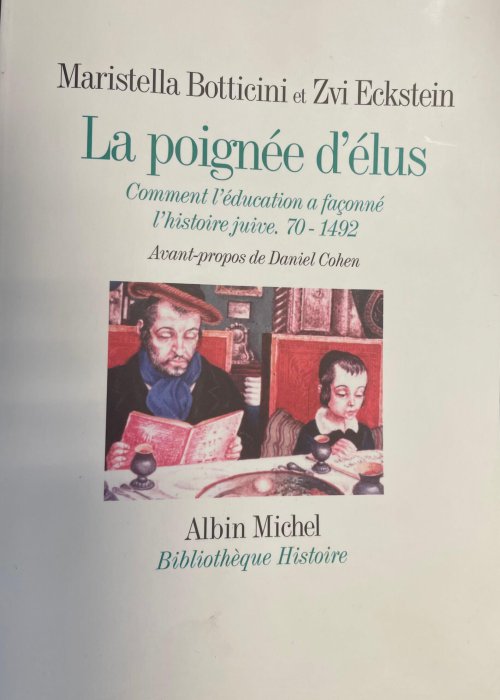
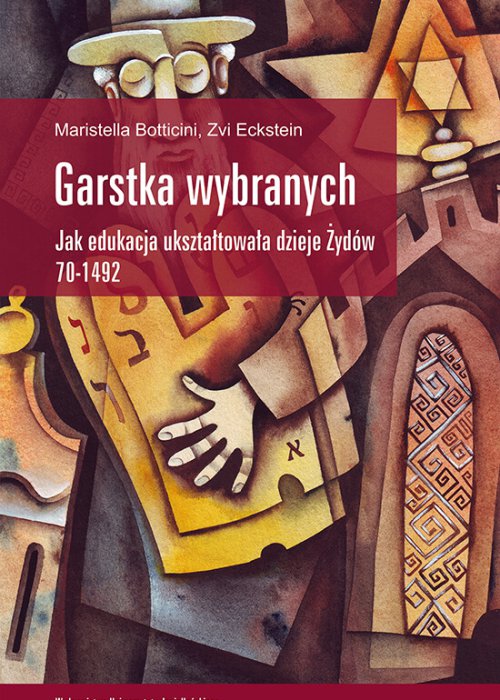
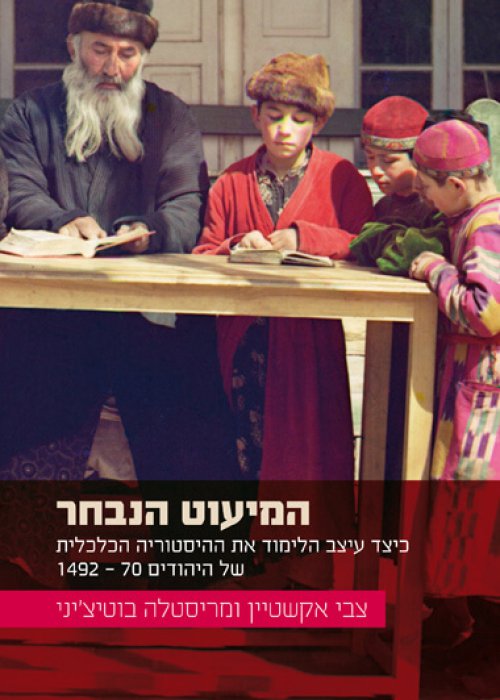
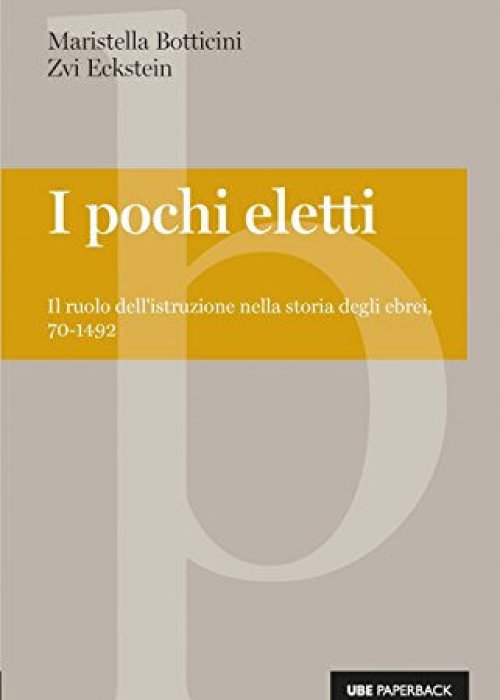
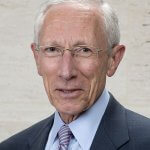
Reviewer – Professor Stan Fischer
Maristella Botticini and Zvi Eckstein have written a remarkably interesting book with a new hypothesis about the occupational structure of the Jews. The authors adduce serious evidence for their hypothesis, which lays stress on the requirement introduced nearly 2,000 years ago for universal male literacy among the Jews. This is a fascinating and persuasive combination of history and economics, worth reading by all, even the unhappy few who like neither history nor economics.
The chosen few
In 70 CE, the Jews were an agrarian and illiterate people living mostly in the Land of Israel and Mesopotamia. By 1492 the Jewish people had become a small group of literate urbanites specializing in crafts, trade, moneylending, and medicine in hundreds of places across the Old World, from Seville to Mangalore. What caused this radical change? The Chosen Few presents a new answer to this question by applying the lens of economic analysis to the key facts of fifteen formative centuries of Jewish history.
Maristella Botticini and Zvi Eckstein show that, contrary to previous explanations, this transformation was driven not by anti-Jewish persecution and legal restrictions, but rather by changes within Judaism itself after 70 CE-most importantly, the rise of a new norm that required every Jewish male to read and study the Torah and to send his sons to school. Over the next six centuries, those Jews who found the norms of Judaism too costly to obey converted to other religions, making world Jewry shrink. Later, when urbanization and commercial expansion in the newly established Muslim Caliphates increased the demand for occupations in which literacy was an advantage, the Jews found themselves literate in a world of almost universal illiteracy. From then forward, almost all Jews entered crafts and trade, and many of them began moving in search of business opportunities, creating a worldwide Diaspora in the process.
The Chosen Few offers a powerful new explanation of one of the most significant transformations in Jewish history while also providing fresh insights to the growing debate about the social and economic impact of religion.
Italian: Università Bocconi Editore, 2012
Hebrew: The Haim Rubin Tel Aviv University Press, 2013
Polish: Wydawnictwo Uniwersytetu Jagiellońskiego, 2014
Spanish: Antoni Bosch, 2014
French: Albin Michel, 2016
Vietnamese: 2016
Chinese: 2021
Reviews and Interviews – English
Lecture at the Dead Sea Research Institute, November 2018 (Hebrew, English subtitles)
Lecture at POLIN Museum, December 2016 (Introduction in Polish, lecture in English)
Interview at Lecturama, March 2016
Interview by Gilad Halpern at TLV1 Radio, March 2015
Interview by Shlomo Maital at The Jerusalem Report, September 2013
Book Review by Paul Solman at PBS NewsHour, April 2013
Book Review by David Warsh at Economic Principals, January 2013
Book Review by Peter Temin at Journal of Economic Literature, 2013
Book Review by Carmel U. Chiswick at EH.Net, January 2013
Book Review by Steven Weiss at Slate Magazine, November 2012
Interview by Steven Weiss at TJC’s Jewish News Week, October 2012
Comments by Professor Yehezkel Dror, July 2018s
Reviews and Interviews – Italian
Book Review by Fiona Diwan at Bollettino della Comunità Ebraica di Milano, March 2013
Interview by Susanna Nirenstein at Repubblica, December 2012
Book Review by Stefano Jesorum at Corriere della Sera, December 2012
Reviews and Interviews – Hebrew
Interview at IDC Radio, January 2020
Lecture at the Dead Sea Research Institute, November 2018
Book Review at Hagada Hasmalit, May 2016
Book Review by Abraham Tennenbaum at Judges’ Newsletter, November 2013
Interview at Globes G Magazine, May 2013
Interview by Avital Lahav at Ynet, February 2013
Reviews and Interviews – Spanish
Book Review at El Boomeran(g)
Reviews and Interviews – French
Book Review at Le Messager, September 2016
Book Review by Eric Keslassy at Actualité Juive, June 2016
Book Review by Daniel Cohen at Information Juive, May 2016
Book Review at Agoravox, April 2016
Interview at Lecturama, March 2016 (English with French subtitles)
Interview by Steve Nadjar at Actualité Juive, March 2016
Book Review at Mediapart, March 2016
Book Review at Actualité Juive, March 2016
Press Release, March 2016